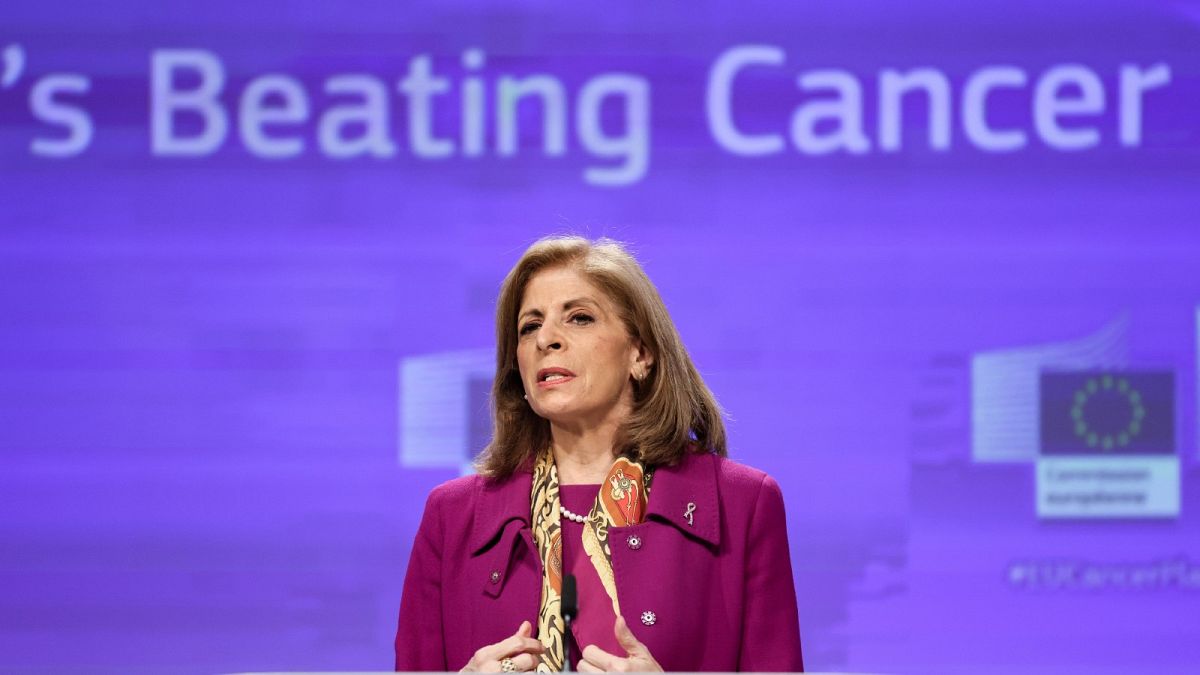The Commission recommends that breast cancer screenings be extended to more women and that testing for lung, prostate and gastric cancer becomes more systematic.
The European Commission on Tuesday unveiled its proposals to boost cancer screenings in the EU, recommending that three new types of cancer be screened for more systematically.
The "new EU approach to cancer screening" comes nearly two decades after Brussels first issued cancer screening recommendations with health commissioner Stella Kyriakides stressing that "much has changed" in the past 20 years as "medicine, technology have made incredible advances."
The Commission's guidelines plan for the target group for breast cancer to be extended to include women between 45 and 74 years of age as the current age bracket is 50 to 69.
They also want Human Papillomavirus (HPV) testing to take place every five years or more for women aged 30 to 65 and triage testing for colorectal cancer in people aged 50-74 through a stool test followed by an endoscopy or colonoscopy if necessary.
This aims "to ensure 90% of people in the EU who qualify for breast, cervical, and colorectal screenings are offered these screenings by 2025," Kyriakides said, in addition to reducing "unacceptable inequalities when it comes to screening".
The EU's executive also recommended that organised screenings for three additional cancers be extended.
These include lung cancer testing for current heavy and ex-smokers aged 50-75, prostate cancer testing in men up to 70 on the basis of prostate-specific antigen testing, and screening for Helicobacter pylori and surveillance of precancerous stomach lesions in places with high gastric cancer incidence and death rates.
According to Kyriakides, these six cancer sites "together account for almost 55% of all new cancer estimated to be diagnosed in the EU every year and which cause over 50% of the deaths related to cancer."
About one in two EU citizens are now expected to develop cancer during their lifetime with the disease forecast to become the leading cause of death in the 27-country bloc by 2035 unless stronger action is taken.
The COVID-19 pandemic, which put already stretched healthcare systems under more duress, lead to an estimated 100 million screenings not being performed in the EU.
The Commission, which will invest €100 million to facilitate the rollout of these new recommendations, urged member states to adopt them in the Council by December of this year.
